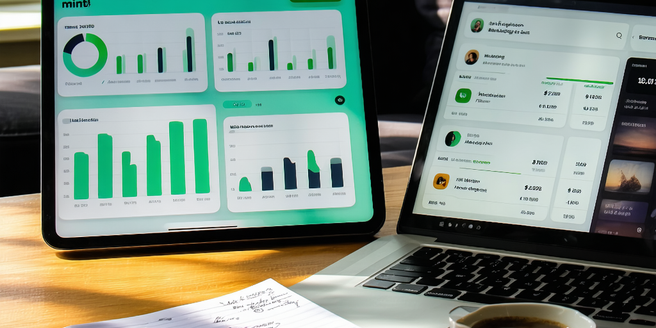Understanding the Basics of Budgeting
Budgeting is the foundation of financial health. It involves planning how you’ll spend your money each month. Start by listing all your sources of income, then track your expenses to see where your money is going. Differentiate between needs and wants to help prioritize your spending. It’s crucial to allocate a portion of your income to savings right from the beginning. Adopting a budgeting system such as the 50/30/20 rule can help; 50% for necessities, 30% for discretionary spending, and 20% for savings or debt repayments. Regularly reviewing your budget helps manage your financial goals effectively.
How to Track Your Expenses Effectively
Expense tracking is vital to understanding your financial habits. Begin by saving all receipts and categorize them into food, utilities, entertainment, etc. Use spreadsheets or apps like Mint or YNAB to monitor your spending. It’s important to set financial goals based on your expense data. Reviewing your expenses will highlight unnecessary costs and areas for adjustment. Consistency is key; make it a daily habit to log your expenses. The insight gained from tracking helps you make informed financial decisions and maintain control over your budget. Reassessing this record monthly aids in recognizing changes in spending patterns and devising better saving strategies.
Creating Realistic Financial Goals
Setting realistic financial goals is essential to achieving long-term stability. Start by identifying what you want to accomplish financially, whether it’s paying off debt, saving for a vacation, or buying a house. Make sure your goals are Specific, Measurable, Achievable, Relevant, and Time-bound (SMART). It’s also helpful to review your current financial situation to better understand your starting point. Break larger goals into smaller, manageable steps to maintain momentum. Regularly revisiting and adjusting your goals is necessary to reflect any life changes. Success in achieving financial goals is often seen through persistence and disciplined saving, turning aspirations into concrete realities over time.
Top Apps to Help Manage Your Savings
With technology, managing savings has never been easier. These innovations have transformed how individuals approach their financial goals. There are numerous apps designed to help allocate your finances efficiently. Applications like Acorns automatically invest your spare change, while apps like Digit analyze your spending and save money for you in small amounts. Mint provides a comprehensive view of your financial health, tracking all your accounts in one place. PocketGuard quickly shows how much you can spend after bills, goals, and necessities. Using these tools, you can simplify financial planning, making it easier to stay on track and grow your savings.
How to Save on Everyday Purchases
Saving on everyday purchases requires a strategic approach. Begin by shopping with a list to avoid impulse buys. Use coupons and take advantage of sales without getting lured into unnecessary spending. Additionally, it’s important to set a monthly budget to keep track of your spending and savings. Buying in bulk can save money on staples, but only for items with a long shelf life. Make use of cash-back programs to earn money on purchases you already planned to buy. Preparing meals at home rather than dining out can significantly cut costs. Lastly, embrace second-hand shopping for clothes and furniture to reduce expenditure while being environmentally friendly.
The Importance of an Emergency Fund
An emergency fund is a financial safety net that covers unexpected expenses such as medical emergencies or car repairs. Having three to six months’ worth of living expenses in a separate, easily accessible account is recommended. This fund prevents the need to rely on credit cards or loans, which can lead to debt. Not only does it safeguard against unexpected costs, but it also offers financial stability. Building an emergency fund may take time, but start small with regular contributions. Prioritize this fund until it reaches the desired amount. An emergency fund provides peace of mind, knowing you can handle unforeseen financial hurdles without derailing your budget.


